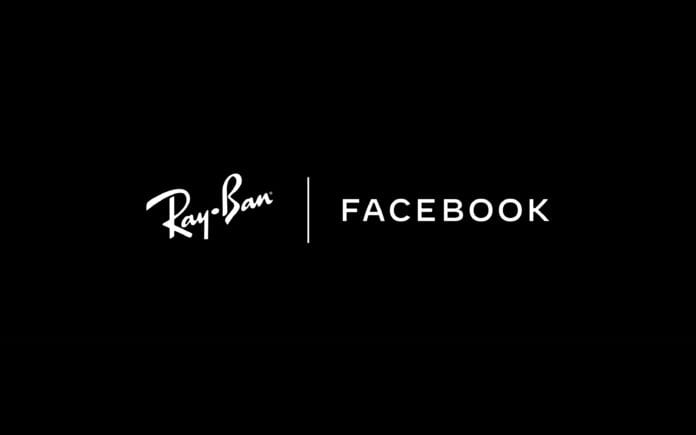“VR & AR are the first platformS where it really just convinces your system that you’re in a different place and snap out of reality,” — Mark Zuckerberg in an interview with Marques Brownlee
Oculus has long been part of Facebook showing Mark Zuckerberg’s lasting crush with AR/VR. But what seems to be the first step into big-time commercialization of the AR tech is hinting on revolutionizing the industry as a whole.
:format(jpeg)/cdn.vox-cdn.com/uploads/chorus_image/image/49467503/Oculus-Rift-5.0.0.jpg)
Also Read: Facebook to Launch Climate Change Information Centre, Reduce Greenhouse Gas Emission by 75%
What does this deal aim to do?
Facebook has opened up about its plans with Luxottica, the makers of Ray-Ban, to launch its first pair of Smart Glasses in 2021. Facebook and Luxottica will make glasses as per a multi-year contract as per reports by CNBC.

“After spending time with their team and visiting their factory, I knew that they were the right partner for us to help bring the best technology together with the best glasses,” social network’s CEO Mark Zuckerberg said in a live stream from Facebook Connect, Facebook’s official event for developers to come together and demonstrate advancements and improvements in Augmented Reality and Virtual Reality world.
The first pair of Smart Glasses from the EssilorLuxottica & Facebook alliance will not be classified as an AR device and will not feature a display, as per reports from the Verge.
Why partner with Ray-Ban?
What the contract between the giants also suggests, is Mark’s ambition to deliver products that are not too overwhelming for consumers to use. The idea to bank on Ray-Ban’s expertise and brand value strengthens the idea. To achieve a natural design language that’s already accepted by the masses will strengthen the chances of acceptance of such a new genre of tech with the common people.
Google’s failure with its version of glasses has provided constructive insights as to what can go wrong. Unclear purpose, poor development over the beta stage, ergonomic design flaws with increased long term health concerns plus the absurdly high price was the death knell to the Google Glass. Facebook aims to learn from the California based tech giant’s mistake and make amends where ever necessary.
Road map ahead
Facebook has also mentioned about its Project Aria, that will first get into the hands of Facebook employees and associates inside and outside campus, as per the company’s head of hardware, Andrew Bozworth. Project Aria will not be commercially available and will majorly act as a tool to collect data on varied parameters like shooting video/audio, eye-ball movement tracking, location tag data that can be used later in the further development of AR/VR by Facebook.
The company aims to do what Apple did with the iPhone, create an entire industry by learning and improving its existing technology. What looks like to be a promising new venture is the suggested hybrid of AR-VR technology that Facebook intends to achieve, to provide simplified solutions in day to day lives.


